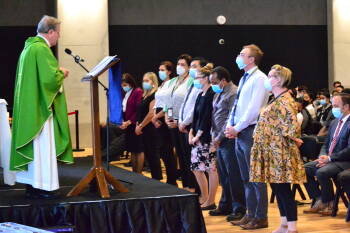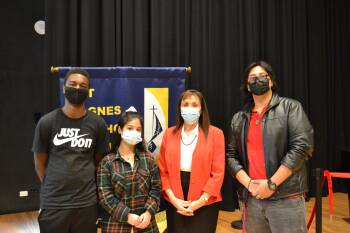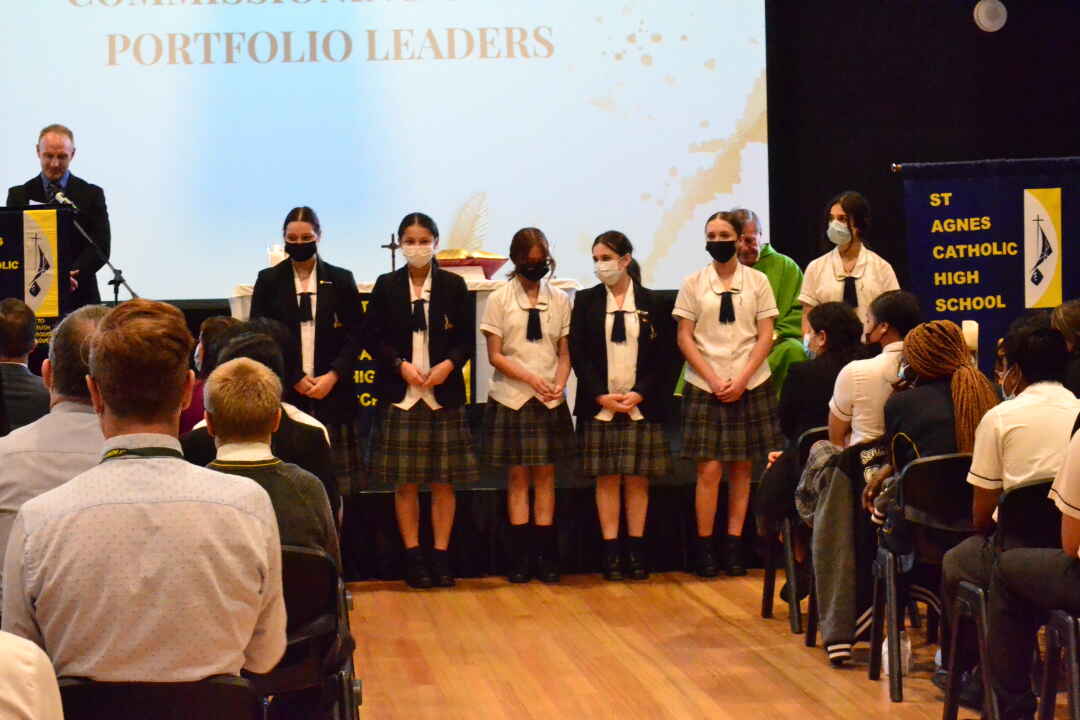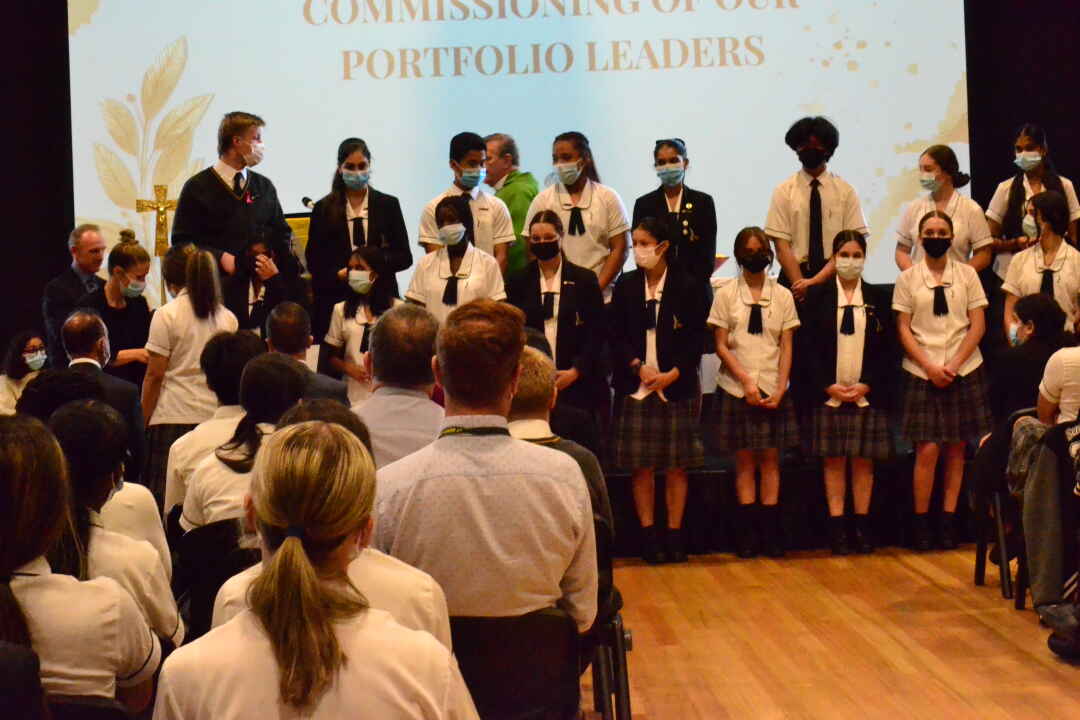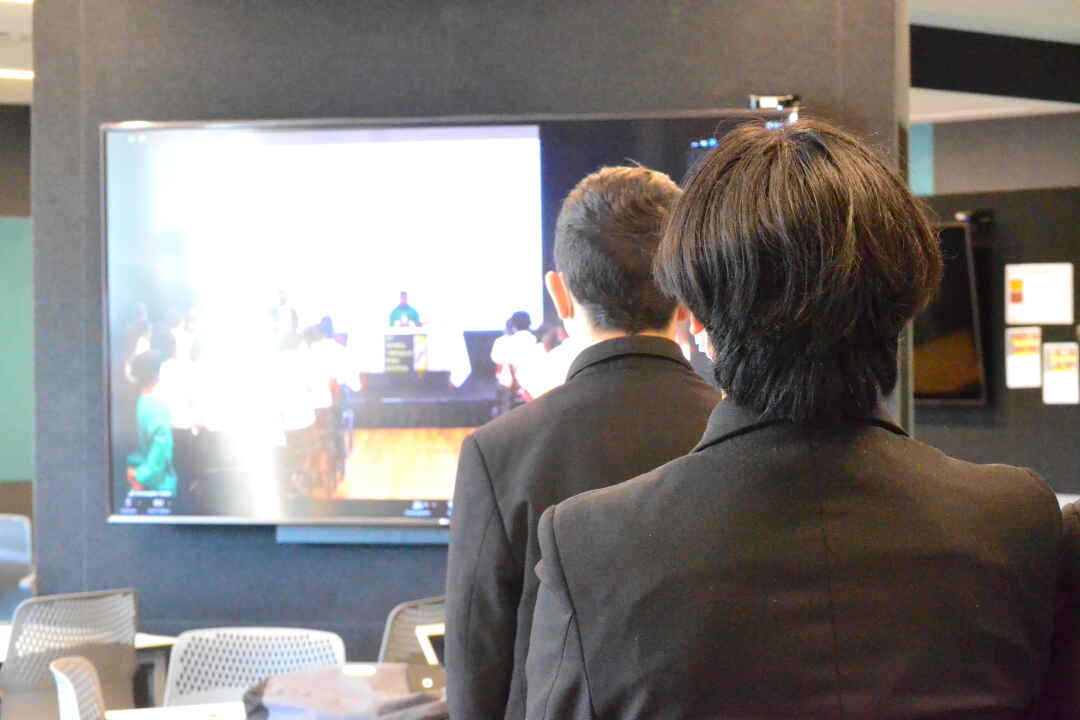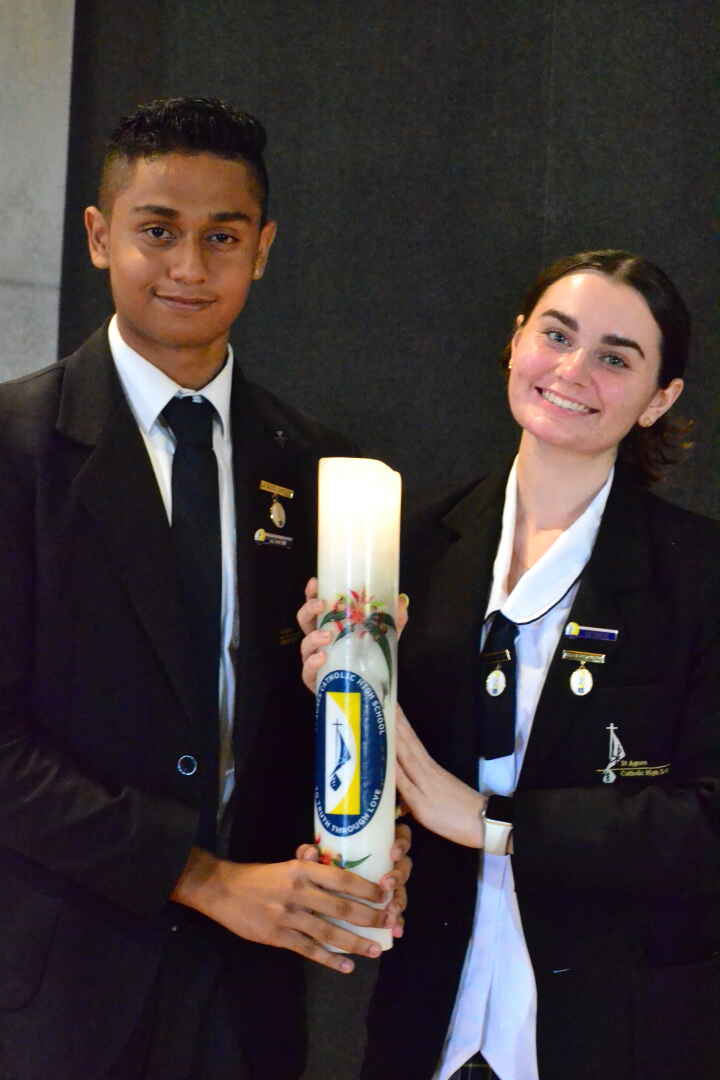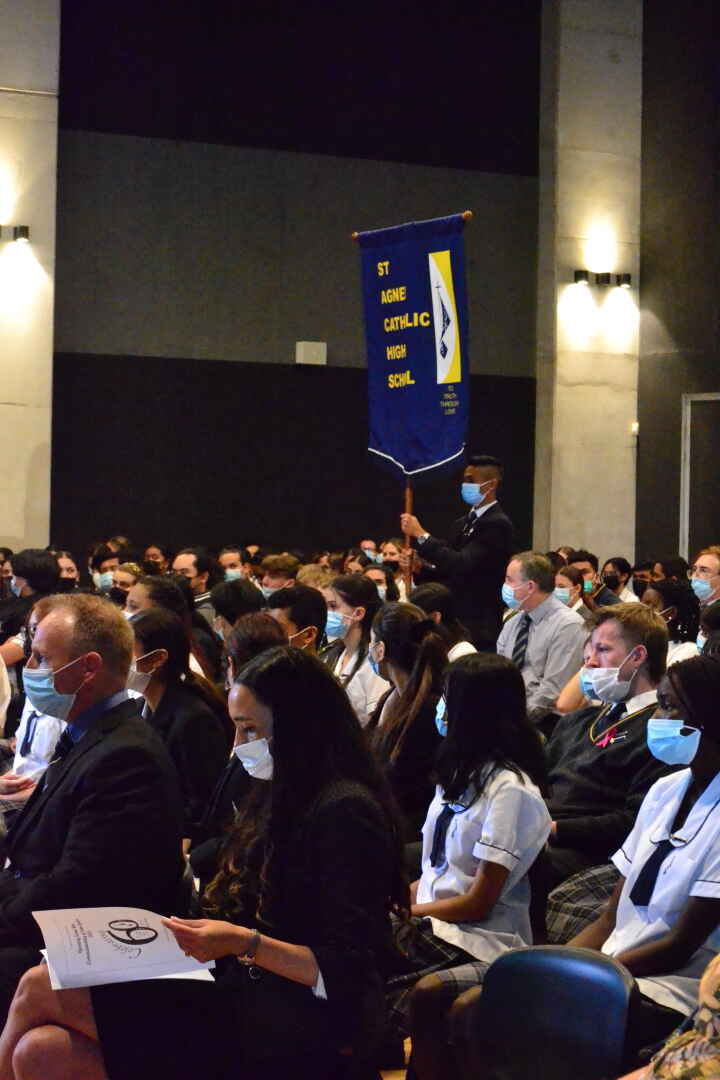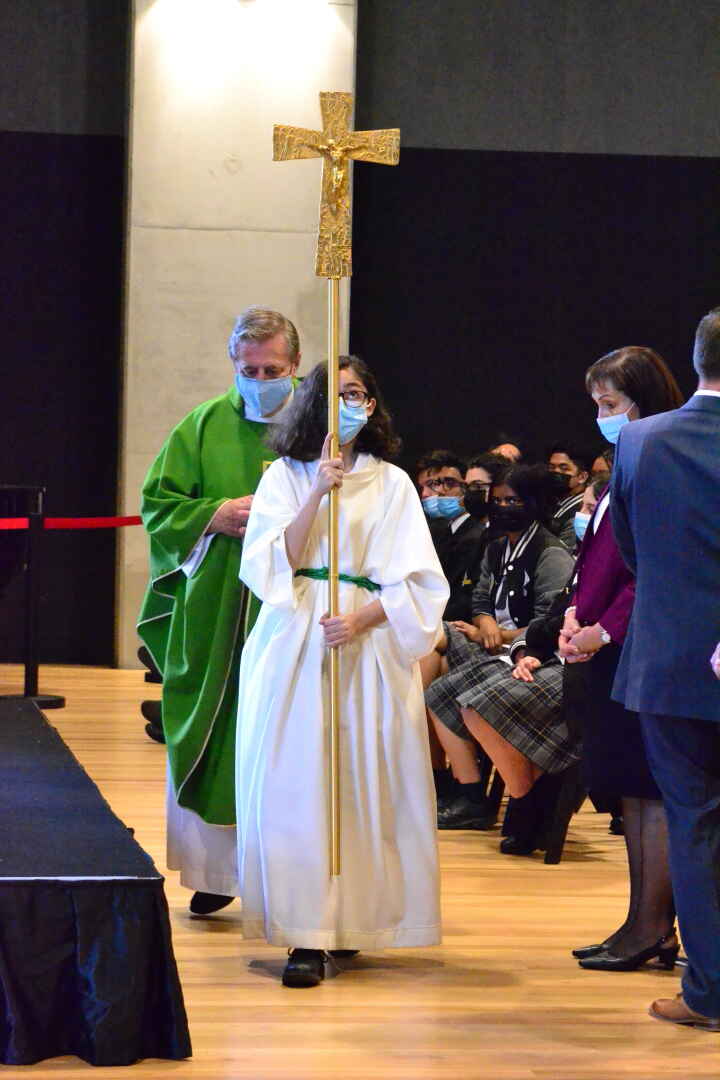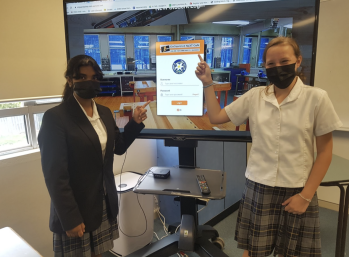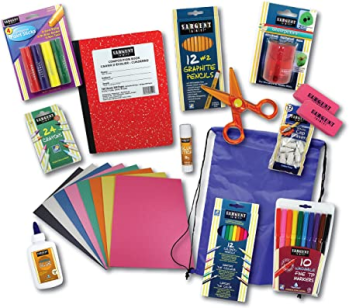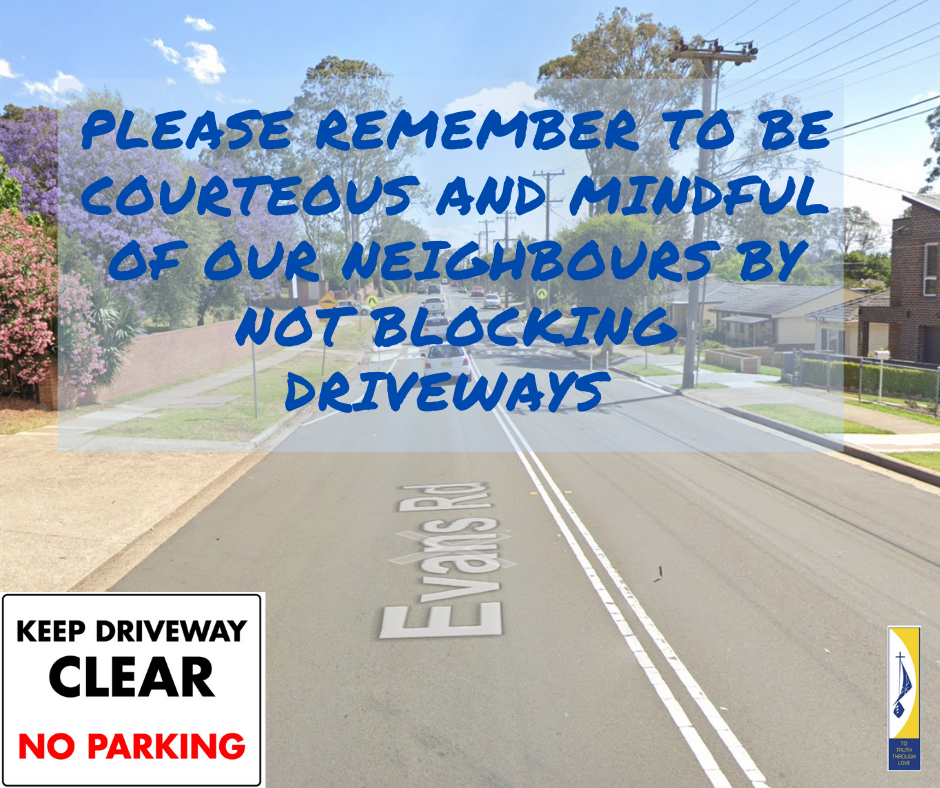Welcome to 2022! We have had our challenges over the last two years, but despite all the obstacles, I know all our students and staff are ready for an exciting year of learning!
I send a special welcome to all the new families who have joined our community and I do hope that you and your child/ren enjoy what St Agnes has to offer.
The HSC results are in, and we had distinct learning gain in many of our subjects with our 2021 Year 12 cohort! We warmly congratulate each student who achieved the award of the HSC and, those who attained an ATAR. Our students have either gone directly to work, moved into studying at TAFE or commenced their tertiary studies at University. Through the partnerships we have with several universities, such as UNSW and ACU, quite a few of the students achieved an early entry offer. This is a great credit to them, and it highlights their determination to succeed in life after school.
As we enter this year, I have set a challenge to each student, from Year 7 through to 12, that they are to push for personal success. We have significant support networks here at St Agnes and ensure that the pathway of each student is commensurate with their goals, interest, and strengths. Each student is to work through all their school and home learning (as required), remembering that there are 3 or 4 formal assessment tasks per subject in each year group.
School and Home Learning
Last year, we developed a new framework around School and Home Learning; you will find this in your child’s diary (page xi). Can I please draw your attention to the table below. No matter where your child stands with their learning, we always want each individual to try their best, complete what is possible and seek help whenever needed. There is always a connection between what the class teacher sets during each lesson, the work to be completed after class (at home) and the formal assessment programme. All students have the ability to access our Library until 3.30pm each day and also, our Learning Centre (formally Homework Club) every Tuesday from 2.30pm for one hour. As a result of these structures, all students can be supported in their learning and once they commit, anything is possible!
The Relationship between School and Home Learning
| School Learning | Home Learning | Assessment Tasks |
Class teachers will provide many experiences in the lessons which will allow the students to showcase their ability. These could be (but are not limited to) - Reading, writing, listening, speaking and viewing activities. Investigation and inquiry based activities.
| At the end of each lesson, the class teacher may request the students to: Finalise the work not completed. Access our Learning Platforms (Edrolo, Education Perfect, Maths Online and/or Google Classroom) Complete experiential learning; such as a simple physical activity and provide feedback.
| There are three main forms of assessment: For Learning (in class activities set by the teacher so that the student can actively demonstrate their learning) As Learning (students are responsible for their own learning and provide thoughtful answers to a problem posed by their teacher) Of Learning (this is a formal task usually at the end of a unit of work). |
You will also see the time that each student needs to devote to their learning after school each day in the table below.
Guide
Year Group | Nightly | Monday - Friday | Per Subject (daily) | Weekend |
Years 7 & 8 | 90 minutes | 7.5 hours | 15 minutes | 1 - 2 hours |
Years 9 & 10 | 2 hours | 10 hours | 20 minutes | 2 - 4 hours |
Years 11 & 12 | 3 hours | 15 hours | 30 minutes | 5 - 7 hours |
Study Skills Tip for February
Having run over 5000 study skills seminars over the last 20 years, Dr Prue Salter has been asked many questions about study skills. Below are some of the common questions parents ask.
1. Should you type or handwrite study notes?
If the exam will be handwritten, students are better to handwrite study notes. This creates muscle memory and helps students practice their handwriting skills. However, many students prefer to type their study notes as it is so much easier to organise the information. If students choose to type, when they are learning their notes, they need to read a section, see what they can write down without looking and check and see if they were correct. This will help them practise their handwriting skills while committing the information to memory.
2. My student doesn’t seem to know how to study, what should they be doing?
Sadly, many students think that studying for a test just means reading their notes over and over. This is the slowest and most ineffective way of studying. Studying involves 3 steps. The first is to make study notes or summaries on what they have been learning. The second is to learn the notes by testing themselves over and over on the information to be retained. The last step is to do as much practice as possible – the more different questions they can do, and preferably under time constraints, the better they will be prepared. Remember that we all learn in different ways so there is scope to allow students to use techniques that suit their individual learning style, such as recording notes to listen to.
3. How can students get more organised?
The first step is to work out what area of organisation you want to target. Books, computer files, locker, diary, desk, folders…the list goes on. There is no point saying to a student ‘you need to be more organised’. Instead, identify an area where there could be improvement. Then, with your student, work out specific strategies to implement to address this issue. Once this issue is under control, then move onto the next problem.
4. What time should students go to bed?
Although it varies, most students need at least 8 hours of sleep each night. Therefore, work backwards, allow an hour or so for students to get ready for bed and fall asleep, then work backwards to the time they need to get up for school. Have students pay attention to how they feel in the morning – they may need less or more sleep than the average.
5. How can I get my student motivated to do their work?
There is no quick or easy fix for lack of motivation. There are quite a number of strategies to try, but they all take time and effort and persistence. Check the Developing Motivation unit to print a guide for parents on helping your student to be more motivated.
Learn more this year about how to improve your results and be more efficient and effective with your schoolwork by working through the units on www.studyskillshandbook.com.au - our school’s access details are:
Username: stagnes
Password: 24success
Mr KemmisAssistant Principal - Learning Transformation


